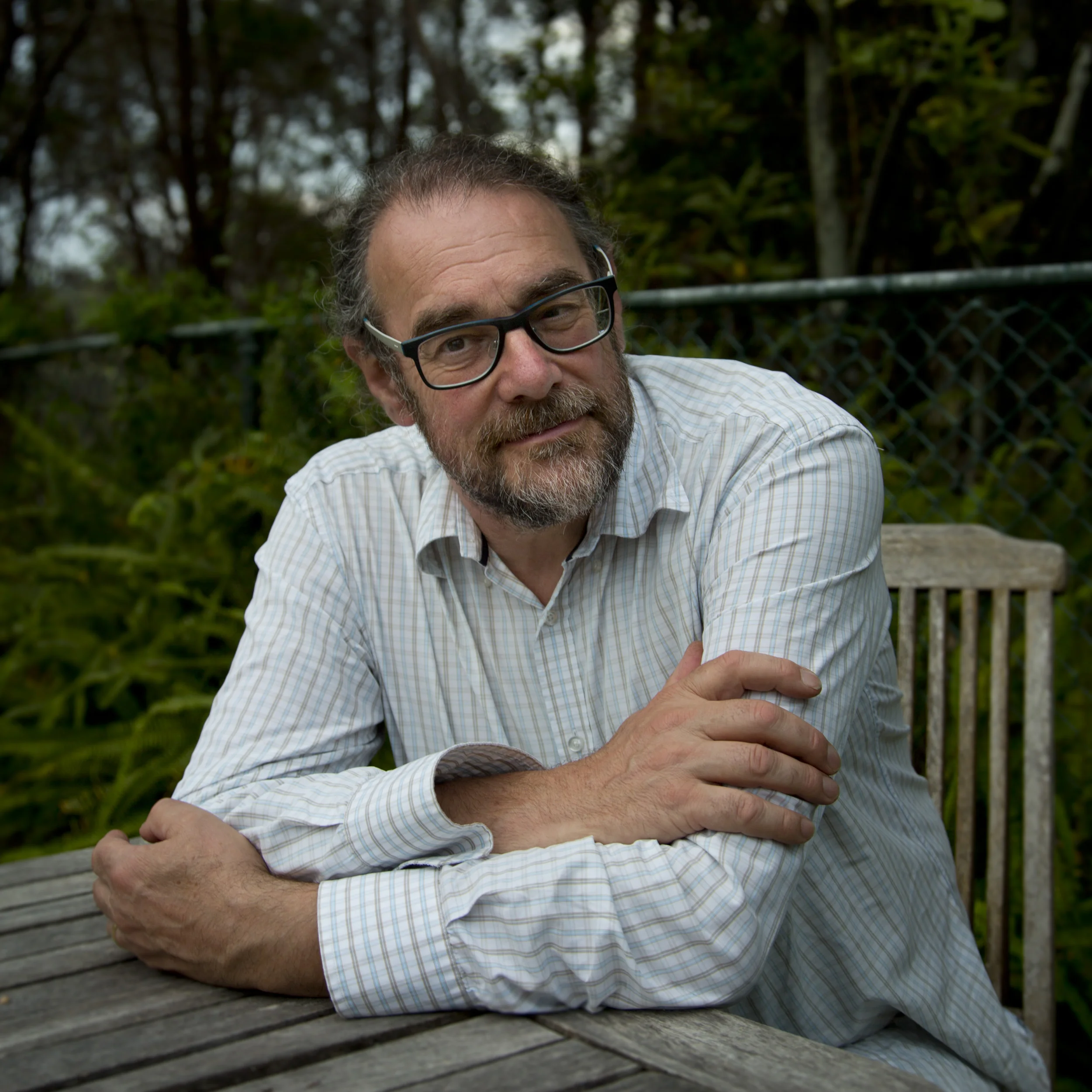
Robin Ford | Visual Communication Specialist
“Death is the veil which those who live call life: They sleep, and it is lifted.” - Percy Bysshe Shelley.
The dictionary says that death "is the end of life" and it says that life "is growth, reproduction, functional activity and change in organic matter." The law says that death is when breathing and blood flow have stopped and can’t be restored. Biology shows that living tissues decompose quickly after death. On that basis we can happily accept that it's all over for a mosquito when we squelch him. But why do we have difficulty thinking that human life is equally terminal?
In western society the most common explanation is that God created Man in his own image, gave us dominion over all other life and a ‘spirit’ which gives us feelings, desires and emotions if it's in union with Him. When we die our spirit is said to leave our body and go to a place of eternal punishment or reward. Countless religions have survived for thousands of years with that basic theme but about 200 years ago a natural process called Evolution was proposed as an alternative to divine creation. To a rational mind it is quite compelling but there are still some mysteries.
For example:
#1: How did simple stuff become ‘organ’ised and start it’s evolutionary journey towards humanity? Biological evidence suggests that life can evolve from extremely simple origins and every piece of new evidence points to a physical event conforming to the established laws of nature without the need for intervention by God or another external ‘intelligence’, but it happened so long ago that we may never be sure.
#2: Many intelligent people, including scientists, persist with belief in an afterlife. Their religion may promise it, they may have a secular supernatural theory, or they may just not be able to accept that a human life can just stop. We have no evidence of life after death because the dead don’t tell tales, but absence of evidence isn't evidence of absence.
#3: If there were some form of life after death, could we ‘experience’ it? An experience is an event that leaves an impression on someone (or something?). Even simple animals remember their reactions to stimuli and whether there was a positive, negative or neutral outcome. The next time there’s a similar stimulus they replay a positive reaction. Sitting on top of a mammal’s brain is an extra layer called the neocortex. It has a mass of connections to other brain regions and while it is active evokes a model of our surroundings from what we have sensed and how we reacted. This model is our personal reality and our 'self' is a player in the scene equipped with a vast library of rehearsed actions (experiences) to replay in response to any stimulus of change.
Our consciousness is the command centre of a machine that has advanced it's self for millions of generations by building on 'experience'. It is what we are, who we have been, and what we may be in the future. It is our spirit, the phenomenon that makes us greater than the sum of our physical parts—but it can only exist when those parts are in union.
Consciousness may pause to sleep or be suspended by trauma and drugs, but when our heart stops, consciousness collapses like a hologram projected from a machine unplugged. No second chance, no apologies, no regret, no sense of time. No pain, no pleasure—except what we leave with the living.
—Robun Ford (2015)
The Death Letter Project welcomes your comments and feedback. Please feel free to leave a comment on our Facebook page or alternatively submit a message below.